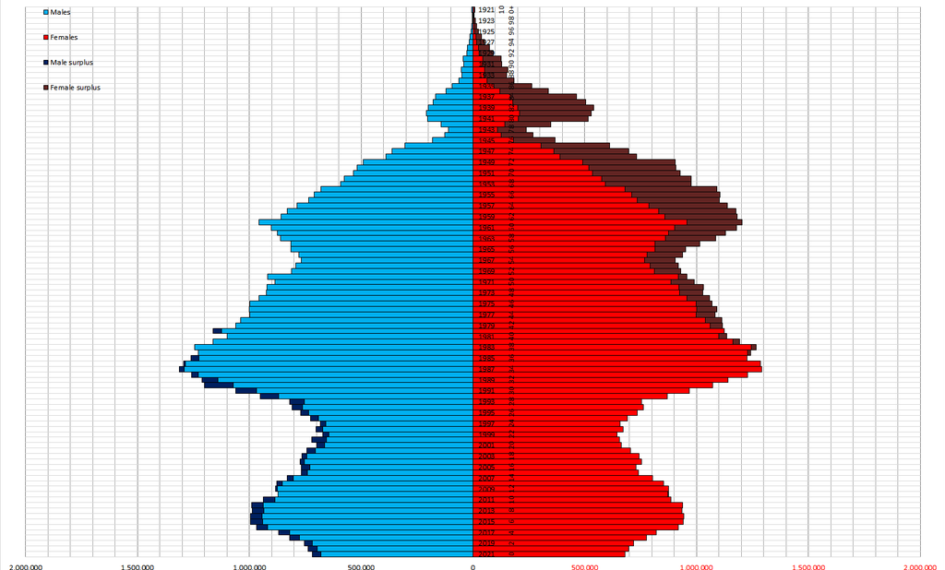Meaning of Demographics: Demographics refer to statistical data relating to the population and particular groups within it. This term is widely used in the fields of sociology, marketing, and public policy to analyze population characteristics such as age, race, gender, income, education, and employment. Demographic data are crucial for understanding and addressing various social, economic, and political issues, as well as for tailoring products, services, and communications to specific population segments.
Etymology and Origin: The word “demographics” originates from the Greek words “δῆμος” (dēmos), meaning “people,” and “γράφω” (graphō), meaning “to write” or “to record.”
- Greek Roots: “Dēmos” refers to the populace or people, while “graphō” pertains to the act of recording or writing down. In ancient Greece, these terms were used in various contexts related to the people or citizenry.
- Formation and Usage: The term “demographics” emerged as a way to describe the statistical study of populations, combining the Greek roots to imply “writing or recording about people.”
- Modern Usage: In contemporary times, demographics have become a key factor in social sciences, marketing, and policy-making, providing vital insights into the composition, characteristics, and trends of human populations.
The evolution of “demographics” from its Greek etymological roots to its current usage reflects its significance in analyzing and understanding population-related data in various modern contexts.



